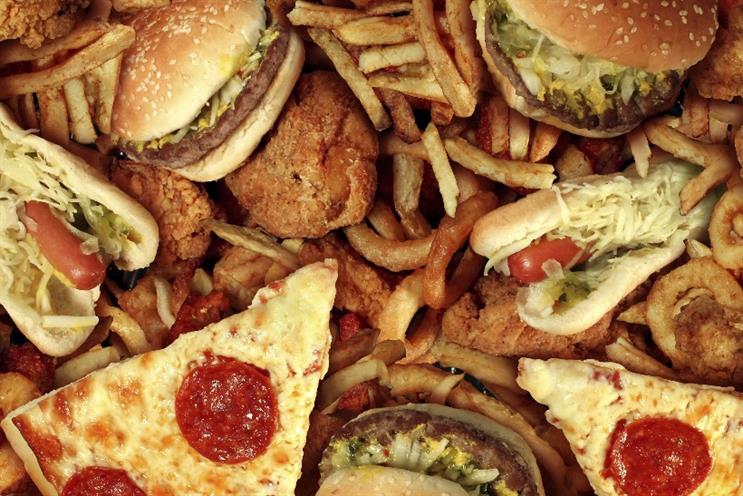
Health secretary Jeremy Hunt today (25 June) revealed the second stage of the Department of Health and Social Care’s plan to halve childhood obesity by 2030.
Proposals include preventing stores from displaying unhealthy food at supermarket checkouts; introducing "clear, consistent calorie labelling" on menus in restaurants, cafés and takeaways; banning the sale of "harmful, caffeine-laden" energy drinks to children; and forcing primary schools to adopt daily "active mile" sports initiatives.
However, brands and agencies will be most concerned with confirmation that the government is to consult on the introduction of a long-mooted restrictions preventing children from being targeted with TV and online ads for foods high in fat, sugar and salt.
Measures under consideration include extending the current advertising watershed and limiting the number of unhealthy food ads shown during children’s programmes up to 9pm.
Responding to the news, James Barge, ISBA’s director of public affairs, insisted the ad industry shared the aim of reducing childhood obesity levels, but urged the government to consider a more "holistic and multi-dimensional" and "evidence-led" response. "There is no silver bullet," he added.
Advertising Association chief executive Stephen Woodford echoed the willingness to accept "proportionate action" which has a "measurable impact" on people’s lives, but pointed out that UK ads rules already rank among the strictest in the world, with existing bans on the advertising of HFSS (high fat, salt and sugar) food or drink products across all media where under-16s make up more than 25% of the audience.
"International experience and independent research has shown advertising bans have little impact on the wider societal issues that drive obesity, which is caused by the interaction of many complex factors and requires a multi-faceted solution," said Woodford.
In contrast, health campaigners argue the government’s latest announcement lacks the necessary commitments to tackle the nation’s public health "crisis".
Professor Graham MacGregor, chairman of Action on Sugar and Action on Salt, is calling on ministers to adopt a blanket ban on the marketing of HFSS products, uniform traffic-light labels on food and drink products, and a tax on confectionery or "unhealthy" foods.
Last month, London mayor Sadiq Khan announced a proposed ban on junk food advertising on the capital’s Tube, bus and rail network, with the Advertising Association attacking Khan for misrepresenting the existing regulatory landscape.
ITV's chief executive Carolyn McCall has criticised a possible ban on advertising HFSS foods on TV before the 9pm watershed, but said commercial broadcasters must prove they are "allies" in the fight against obesity.
Speaking at ±±ľ©Čüłµpk10’s Media 360 event, McCall said: "The problem with the pre-9pm ban is it’s arbitrary, really. It’s not going to be effective, and it’s not going to change behaviour. It’s just a kind of weapon, that goes, 'we’re going to bash this'.
"There isn’t a 9pm watershed in any other media – there isn’t one on Facebook or Google, on posters or in magazines. It’s just an odd thing is this day and age to be thinking about."



.jpg)
.jpeg)
